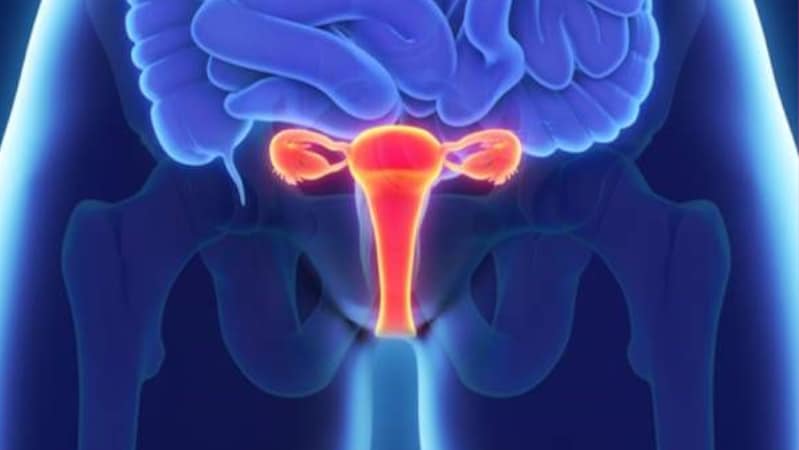Vaginal Atrophy might sound terrifying, like something out of the living dead possessing your genitals and making them useless, but it’s actually something that over 50% of women past menopause might experience.
And even though it might not be spirits rotting your nether regions, it can still be a painful pain in the vagoo.
WHAT EXACTLY IS IT?
For example, twelve months after a woman has been without her period, she is now considered “postmenopausal”. The hot flashes and mood swings might be over, but there’s a whole new set of things to deal with.
Like lessened estrogen.
This affects the body in many ways, but it can target the vagina in specific ways – thinning, drying, and inflammation of the vaginal walls, to be specific.
There are more ways you can get it, but we’ll talk about that soon.
WHAT ARE THE SYMPTOMS?
- Burning when you pee
- Genital itching
- Less natural lube when aroused
- Light bleeding after intercourse
- More urinary tract infections
- Pain or discomfort during sex
- Shortening and tightening of the vaginal canal
- The need to pee often
- The urgent need to pee
- Urinary incontinence
- Vaginal burning
- Vaginal discharge
- Vaginal dryness
The other wrench in the machine is that not every woman experiences this. Some might not even have the symptoms well after menopause etc. It can also range from mild to crippling.
OTHER WAYS TO GET IT
This health issue isn’t ONLY for postmenopausal women. Anything that affects your estrogen levels can trigger vaginal atrophy.
- A side effect of hormonal treatment for breast cancer
- After chemotherapy
- After pelvic radiation therapy for cancer
- After surgical removal of both ovaries
- During breast-feeding
- Medications (like birth control) that affect estrogen levels
- Years getting close to menopause
GO TO THE DOCTOR
This isn’t a natural remedy or a self-diagnosis thing. If you’re having issues, you must go to a doctor so they can perform the right tests – which most likely will include a physical pelvic exam as well as urine, vaginal pH, a smear, or blood tests.
COMMON TREATMENTS
One of the big ones is supplementing the estrogen you’re losing. This can be in many forms, such as pills, creams, and estrogen rings, etc.
For pain during sex, it’s recommended to use a water-based lubricant. Silicone might last longer but it’s not compatible with toys, it is harder to clean up, and leaves stains. Plus, water-based will help with moisturizer.
It might sound opposite, but having more sex is part of treatment and even part of prevention – since it increased blood flow and therefore vaginal health.
Also, wearing cotton underwear (to aid in air circulation) will help prevent yeast and other vaginal infections.
Want more articles related to sexual health? You might like these…
- The Candida Diet – Will It Prevent Yeast Infections?
- Vaginal Infections and Sex – Quick Guide to Why It Itches
- 16 Tips on How to Clean Your Vagina … the Right Way
Any advice you want to add? Share in the comments!


